Week of April 24, 2023 | TK | "Ugly Ducklings" Beloved Old Books
Else Holmelund Minarek worked as reporter before becoming a first grade teacher and recognizing the need for children's books with simple words. She wrote over 40 children's books during her lifetime. Little Bear was her first, and was also the very first book in the I Can Read! series.
Crafty Connection Embellish and color a teddy bear "chapter book"
Week of April 24, 2023 | Kindergarten | Beloved Older Books
When Petunia finds a book in the barnyard she believes she is wise because she carries it under her wing. But when her advice to the other animals goes all wrong she realizes that to be truly wise she must learn to read.
Crafty Connection Color and cut out Ida and her chicks math manipulative
Week of April 24, 2023 | First Grade | "Ugly Ducklings"
Compare and Contrast Beloved Older Books with Newer Books
Harry is a white dog with black spots who loves everything . . . except baths. One day, before bath time, Harry runs away. By the time he returns home, Harry is so dirty he looks like a black dog with white spots and his family doesn't recognize him.
The Sky Dog, by Brinton Turkle (1969)
A little boy is convinced that the white dog he finds on the beach is the same one he used to see playing among the clouds overhead.
A Dog Wearing Shoes, by Sangmi Ko (2015)
Mini finds a dog and begs to keep him. Based on a true story. The author's niece once found a lost dog with shoes on, and after returning him to his owner, she adopted a dog named Ray. Sangmi lives and works in Seoul, South Korea, with two adopted dogs, White and Malti.
Crafty Connection "Reader of the Pack" dog coloring sheet
Week of April 24, 2023 | Second Grade | Poetry Month
Compare and Contrast Beloved Older Books with Newer Books
Samuel wants to get inside. He finally does, only to discover that the family and cat who were living there have moved. Now Samuel wants out, but he’s trapped in an empty house.
Six-Dinner Sid, by Inga Moore (1991)
A clever cat lives with six families.
Won Ton : a Cat Tale Told in Haiku, by Lee Wardlaw (2011)
Prefaced with a clear explanation of the traditional Japanese haiku, a three-line poem with seventeen syllables, written in a 5 | 7 | 5 syllable count. Often focusing on images from nature, haiku emphasizes simplicity, intensity, and directness of expression.
A cat arrives at a shelter, arranges to go home with a good family, and settles in with them, all the while letting them know who is boss and, finally, sharing his real name.
Crafty Connection Haiku worksheet
Week of April 24, 2023 | Third Grade | Poetry Month
A frolicking romp through the zany world of nonsense verse.
Crafty Connection Book Spine Poems Print worksheet It’s fun! It’s easy! It makes a bit of a library mess! Oh, well! Select three to six books with titles that inspire your poetic fire. Stack the books flat, one on top of the other, so the spines are visible. Move the books around until you like the way it reads, top to bottom. Write the titles on this worksheet the way you want the poem to read, top to bottom. Go over the titles with marker. Shade in each rectangle lightly with a different color crayon or colored pencil to create the appearance of book spines.
Week of April 24, 2023 | Fourth Grade | Poetry Month
Black Out Poems Created from Weeded Novels
Video How to: Black Out Poetry by Ariel Bisset (running time 5:37 stop at 4:13)
Choose a page from a discarded book and rip it out neatly. Find the poem by scanning the page and lightly underlining or boxing interesting words. Black out the rest of the page so only the poem is left. Alternatively, highlight the poem with a doodle. Click images above to view the examples.
Week of April 23, 2023 | Fifth Grade | Poetry Month
This picture book biography of William Carlos Williams (1883-1963) traces childhood events that lead him to become a doctor and a poet.
Delving Deeper Video The Canvas Williams and the artist Charles Demuth knew each other at university. I Saw the Figure 5 in Gold (1928) is one of a series of eight abstract portraits of friends, inspired by Gertrude Stein's word-portraits, that Demuth made between 1924 and 1929. This painting pays homage to a poem by William Carlos Williams and consists not of a physical likeness of Williams, but of an accumulation of images associated with him. Williams' poem The Great Figure describes the experience of seeing a red fire engine with the number 5 painted on it racing through the city streets.
Crafty Connection Video United Art and Education Project #170 Instructions for drawing a number then precisely segmenting the drawing in the style of I Saw the Figure 5 in Gold.


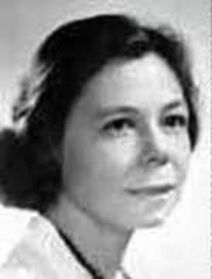
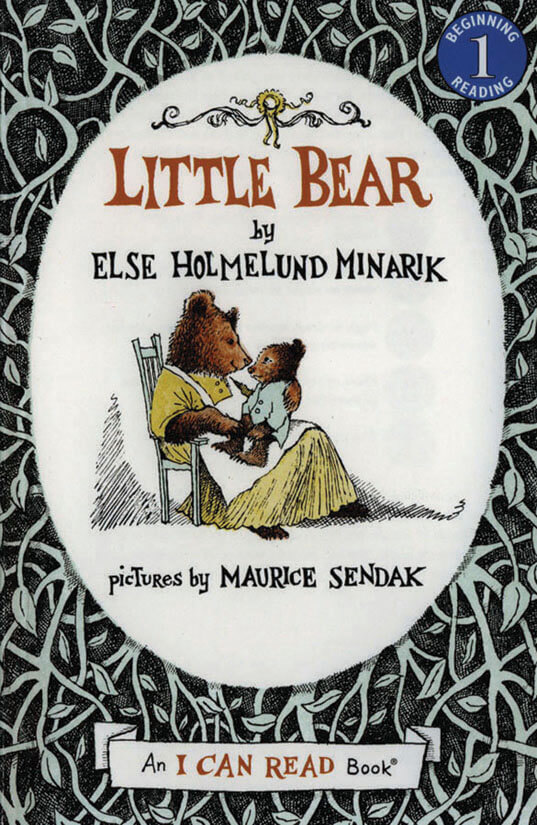
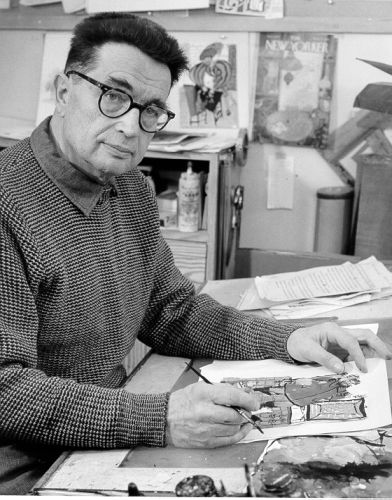
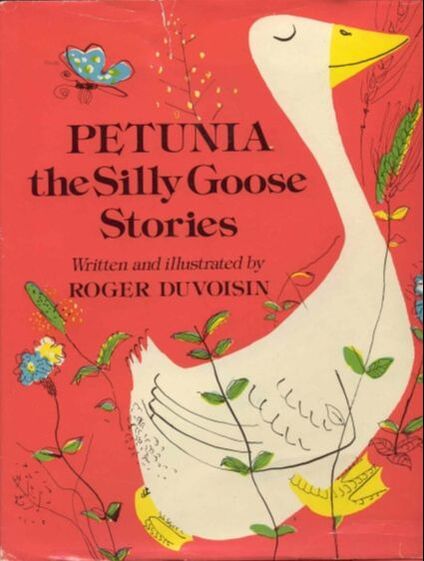

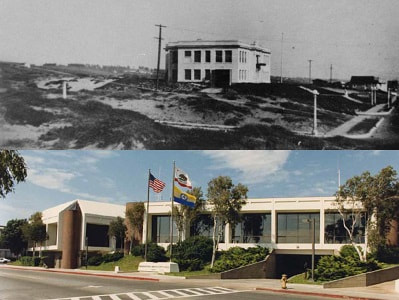

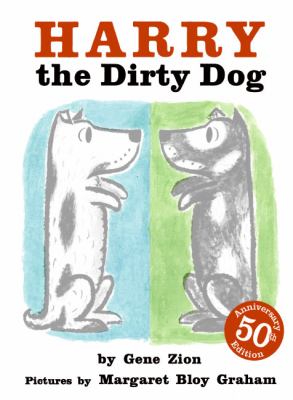
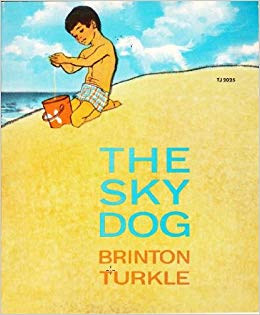
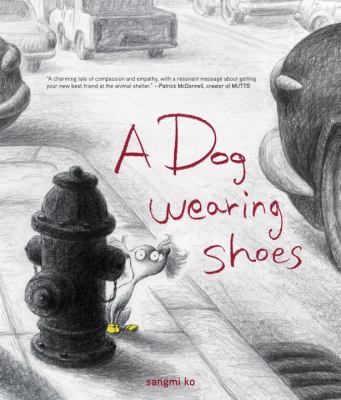
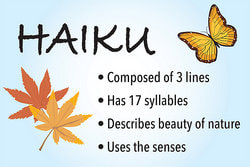
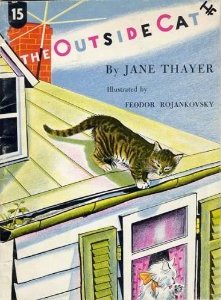
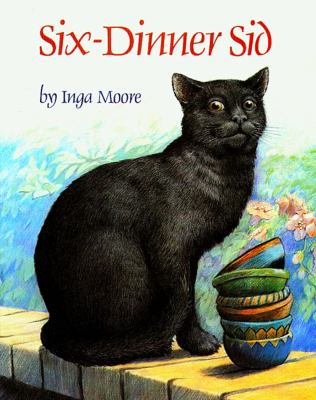
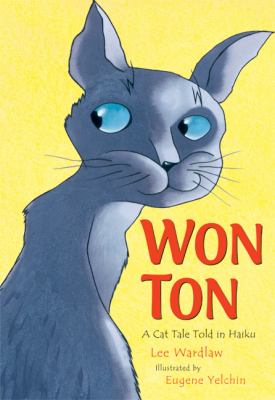
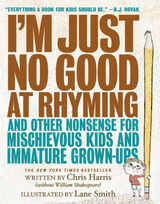
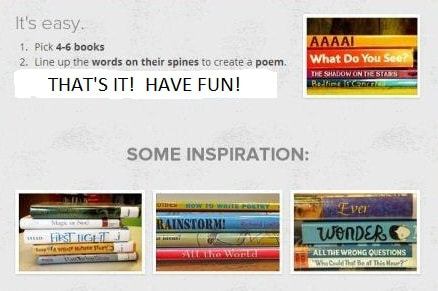
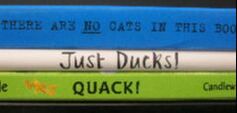
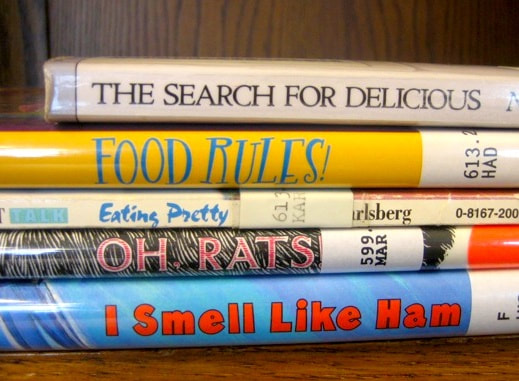
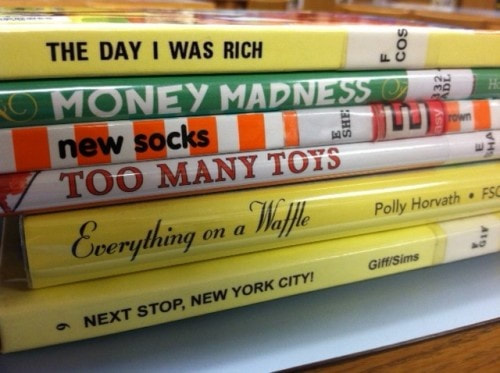
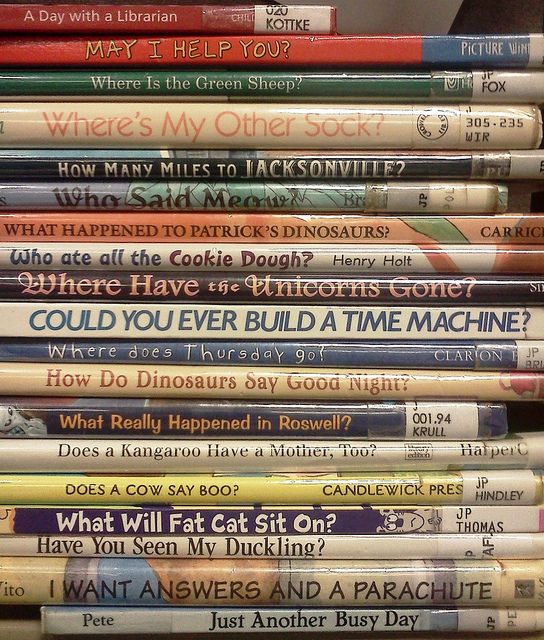
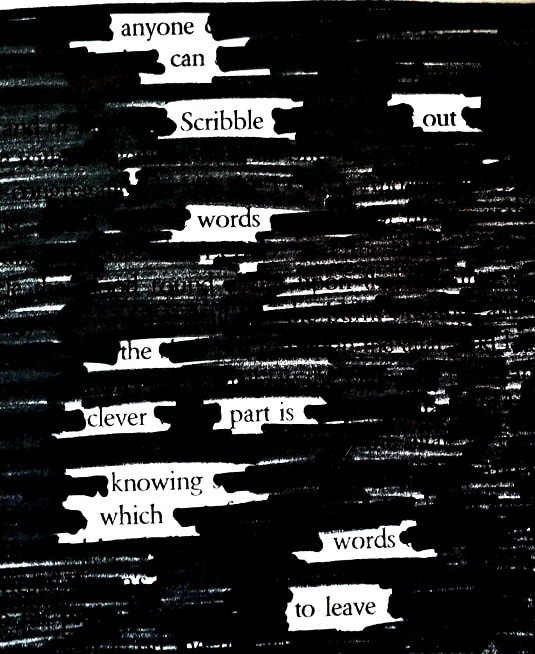
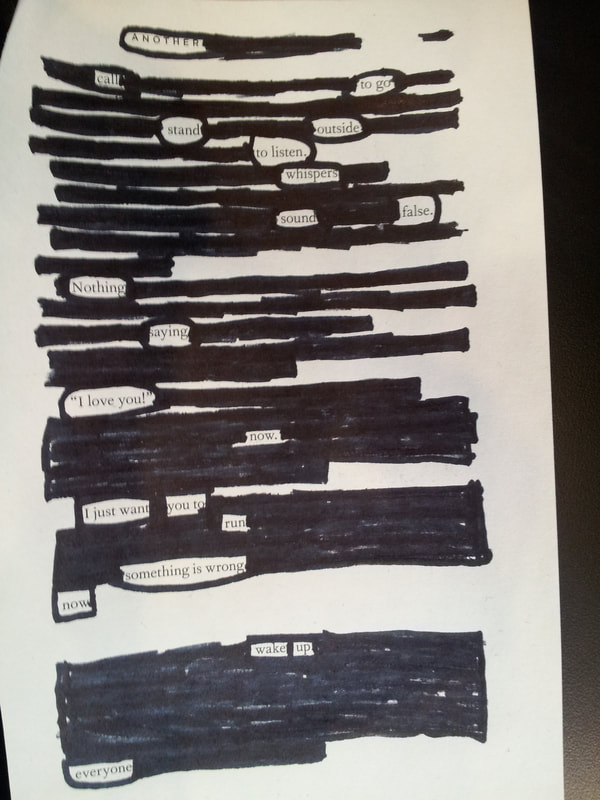
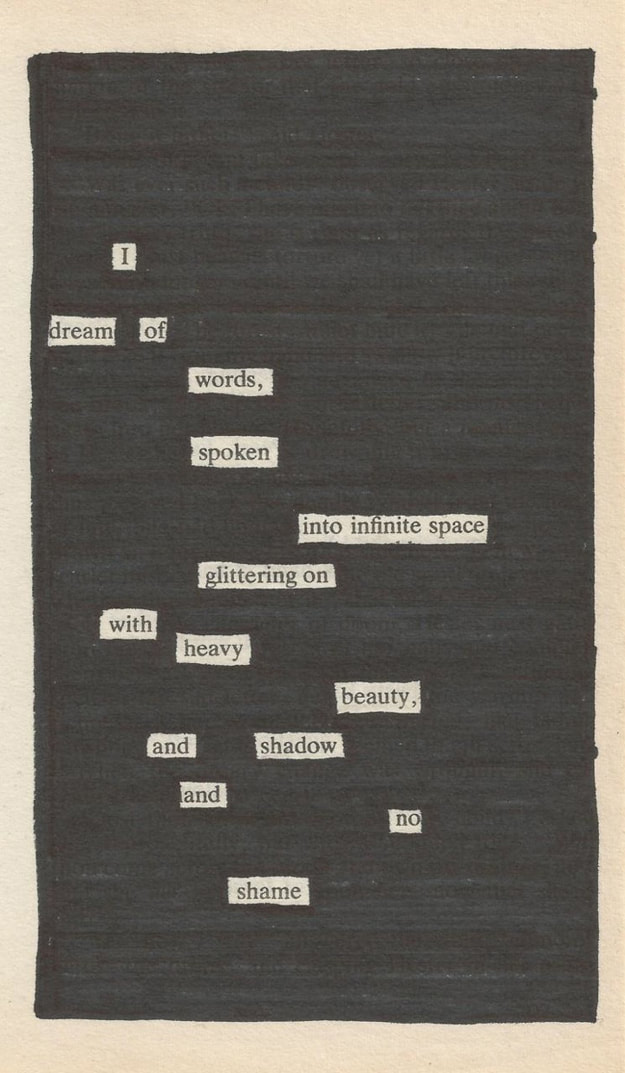
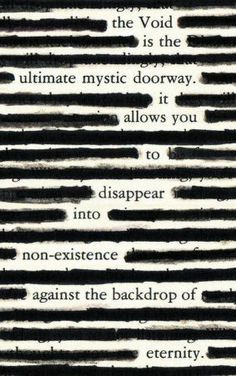
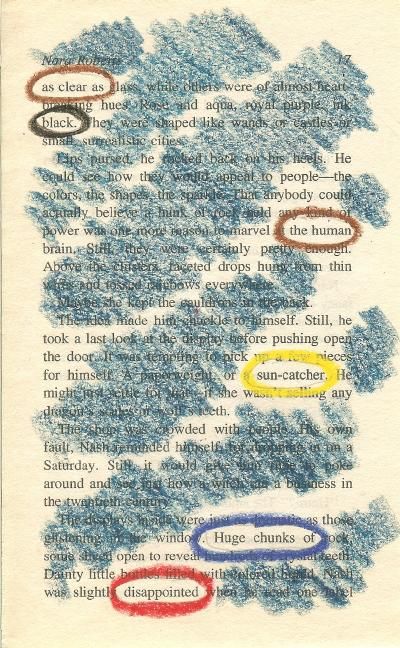
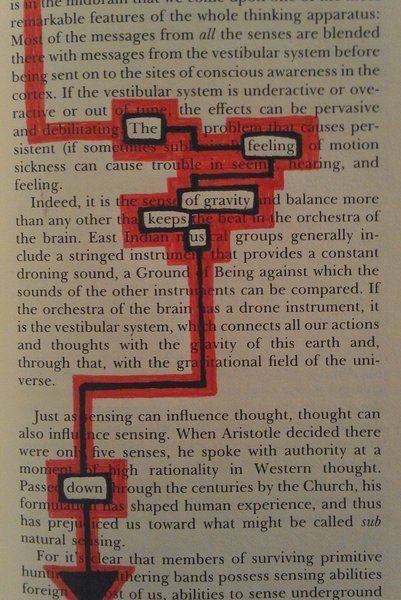
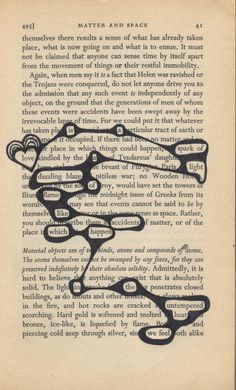
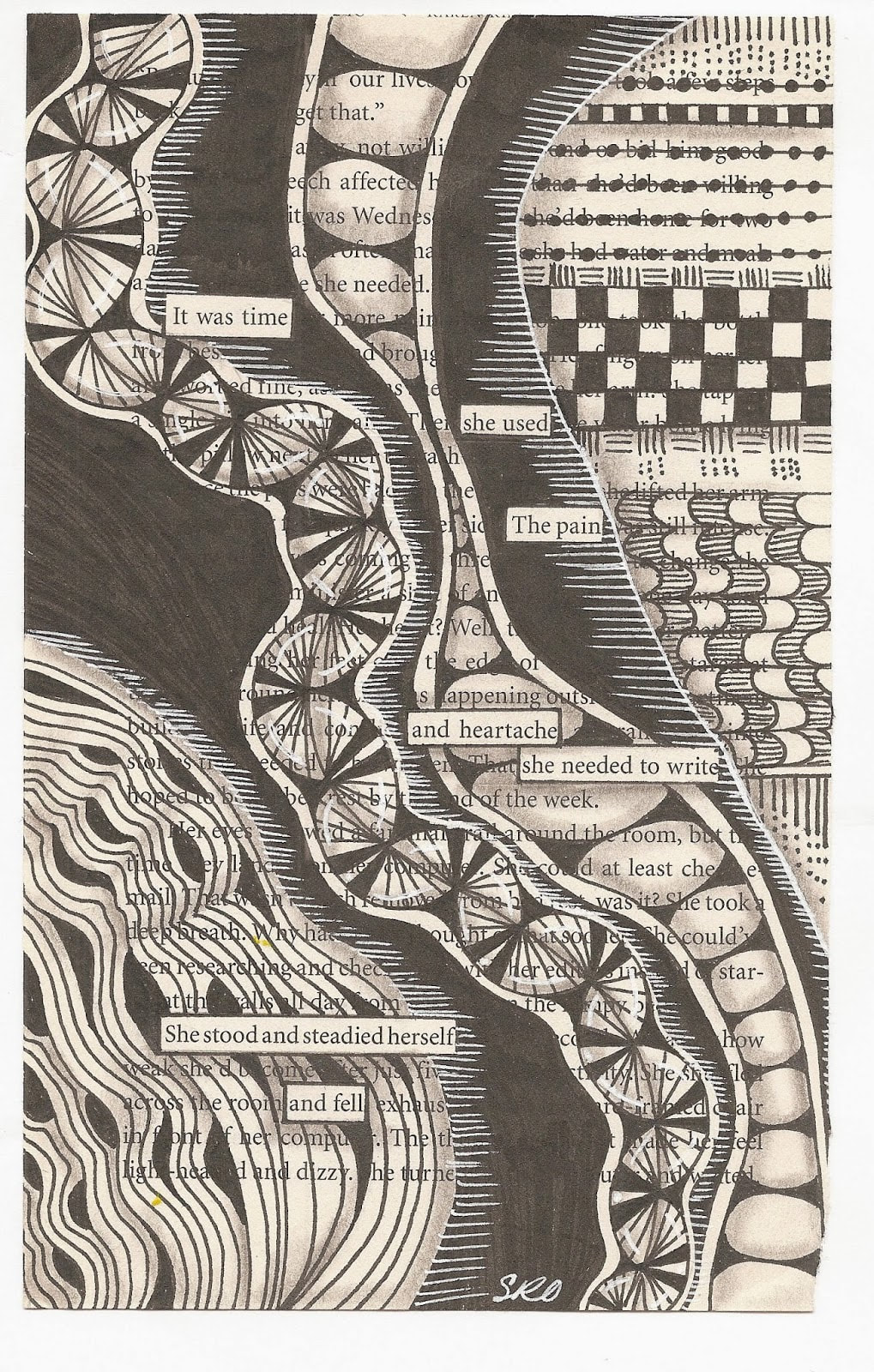

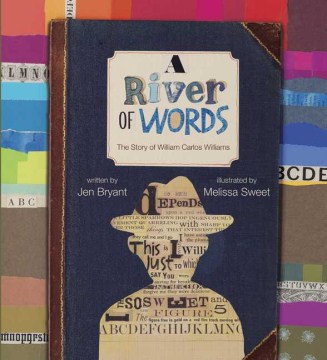


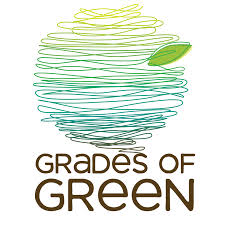

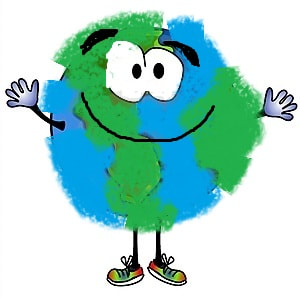

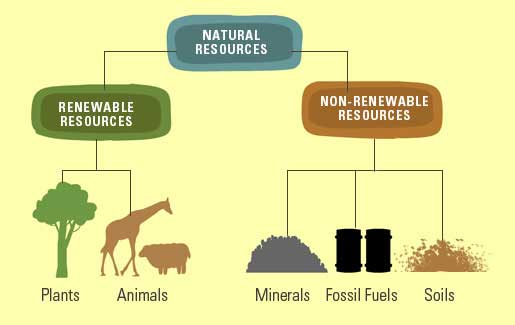
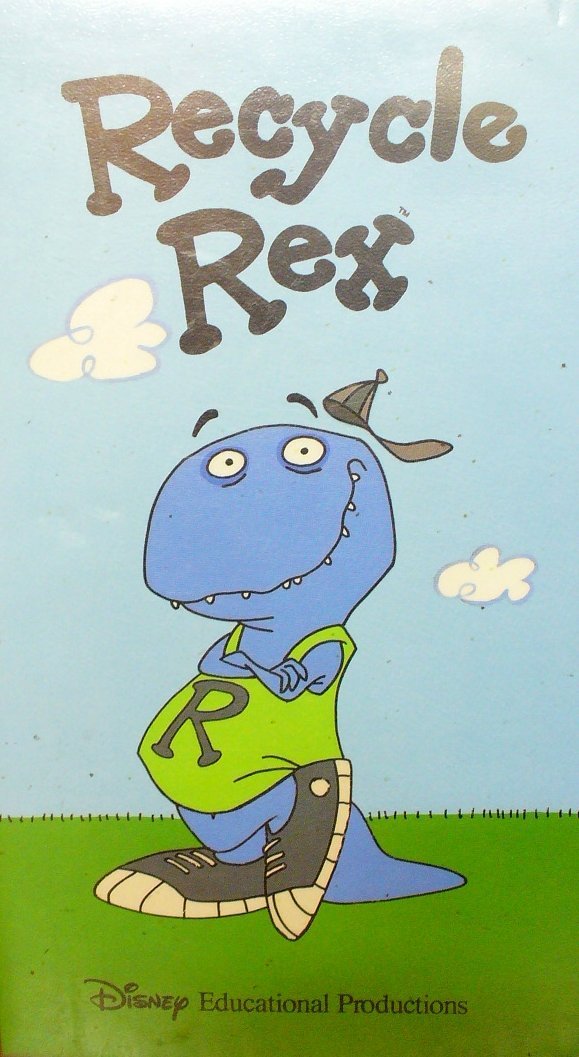



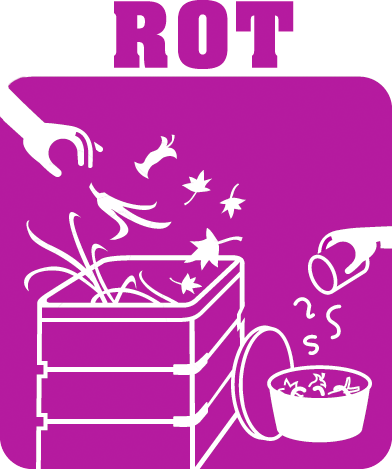

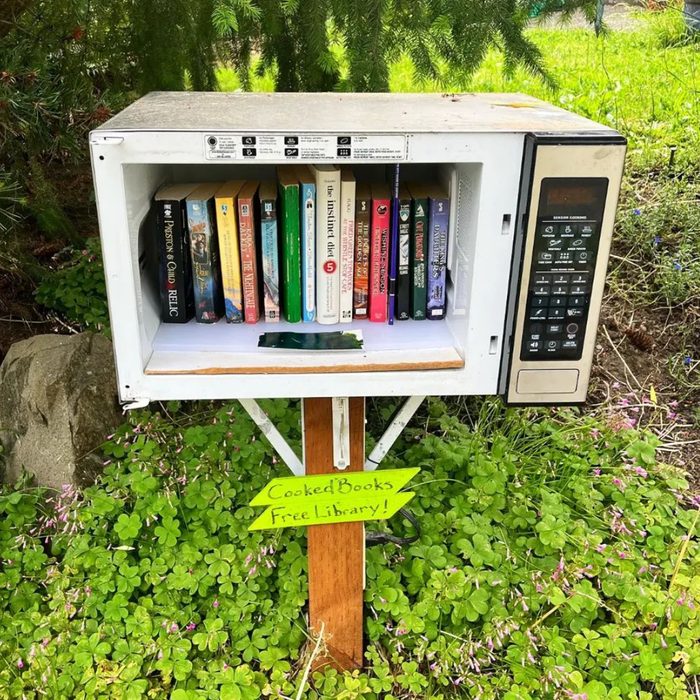





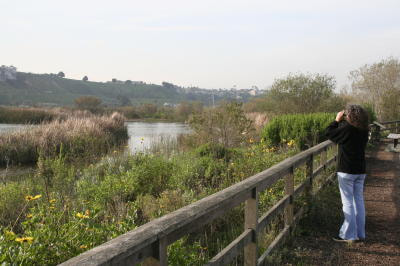
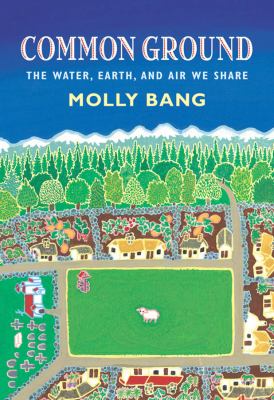
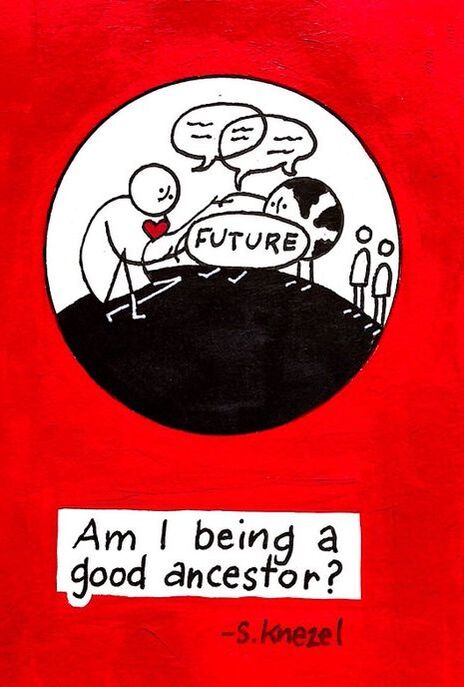
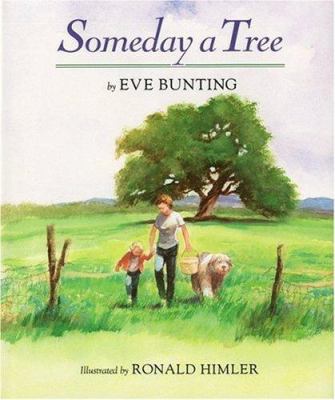


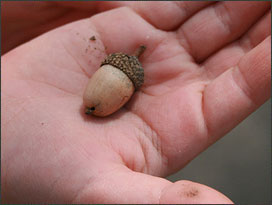
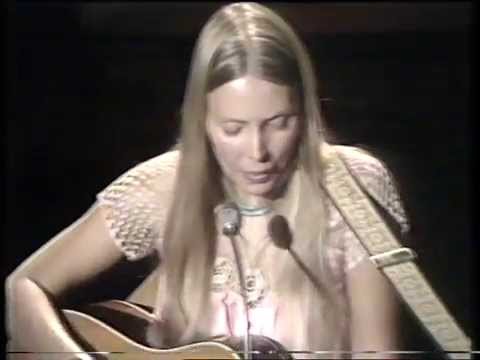
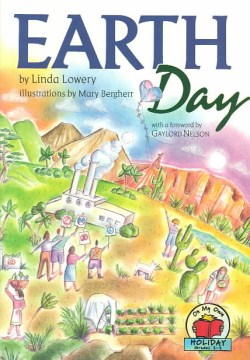

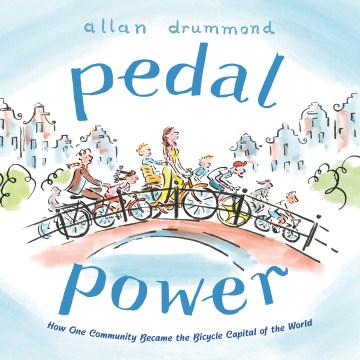
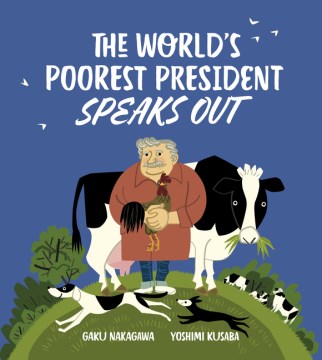
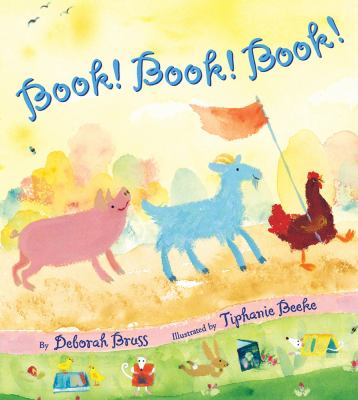

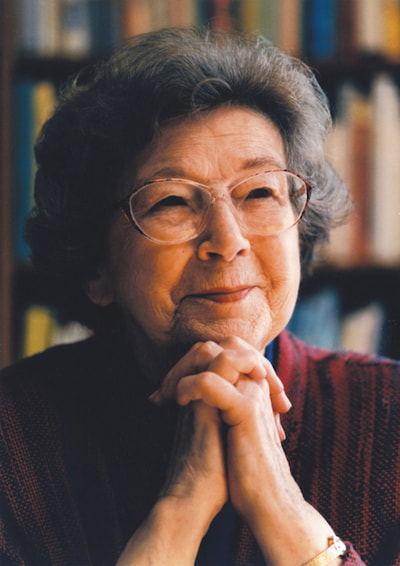
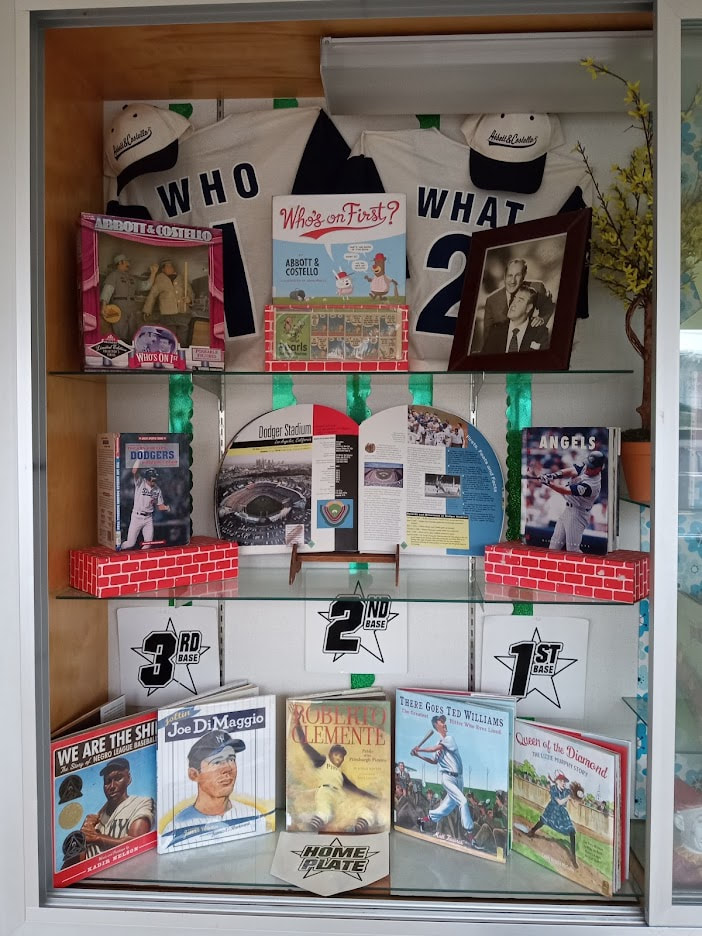
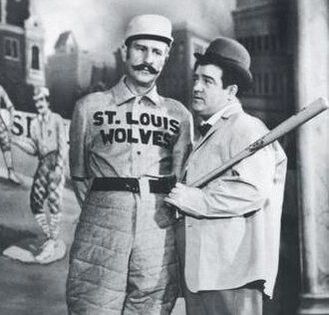
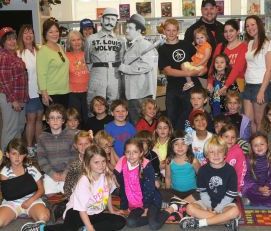
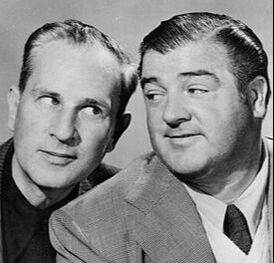
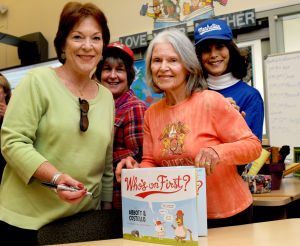
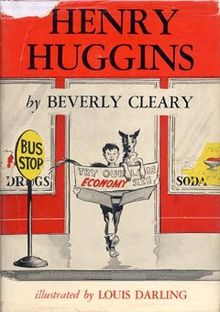
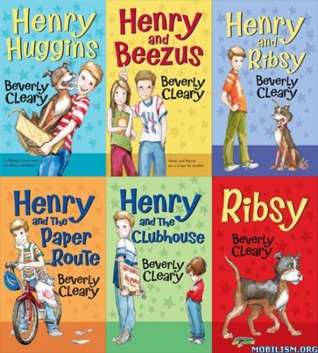
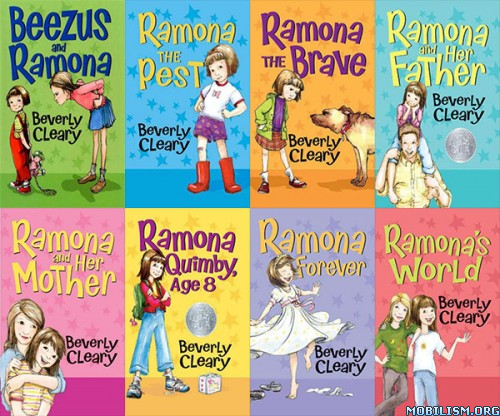


 RSS Feed
RSS Feed